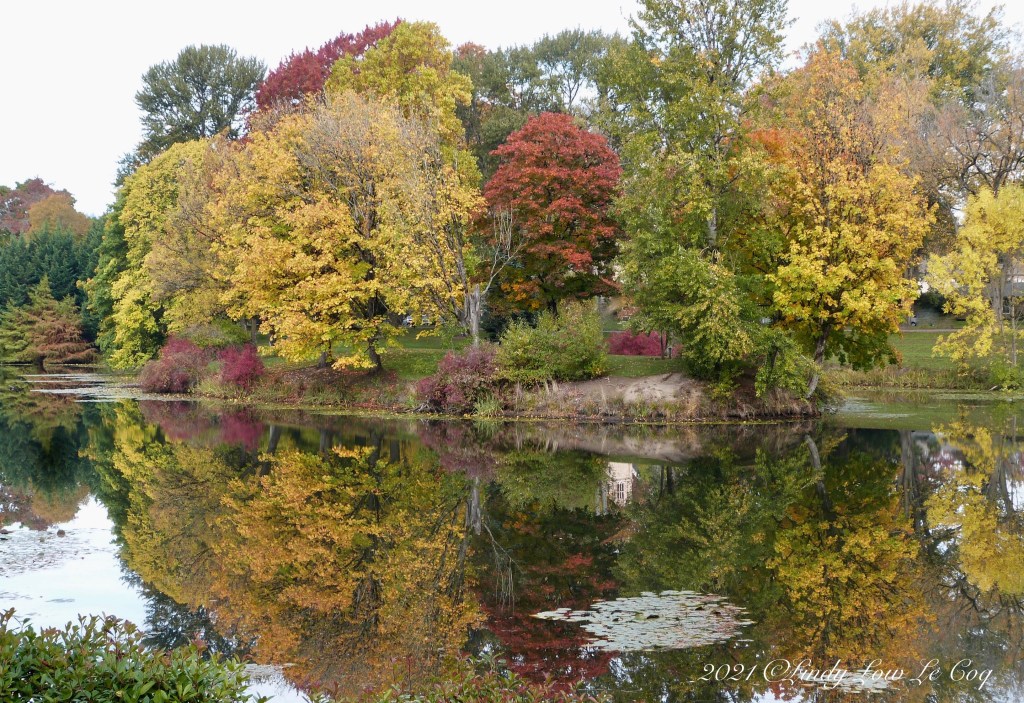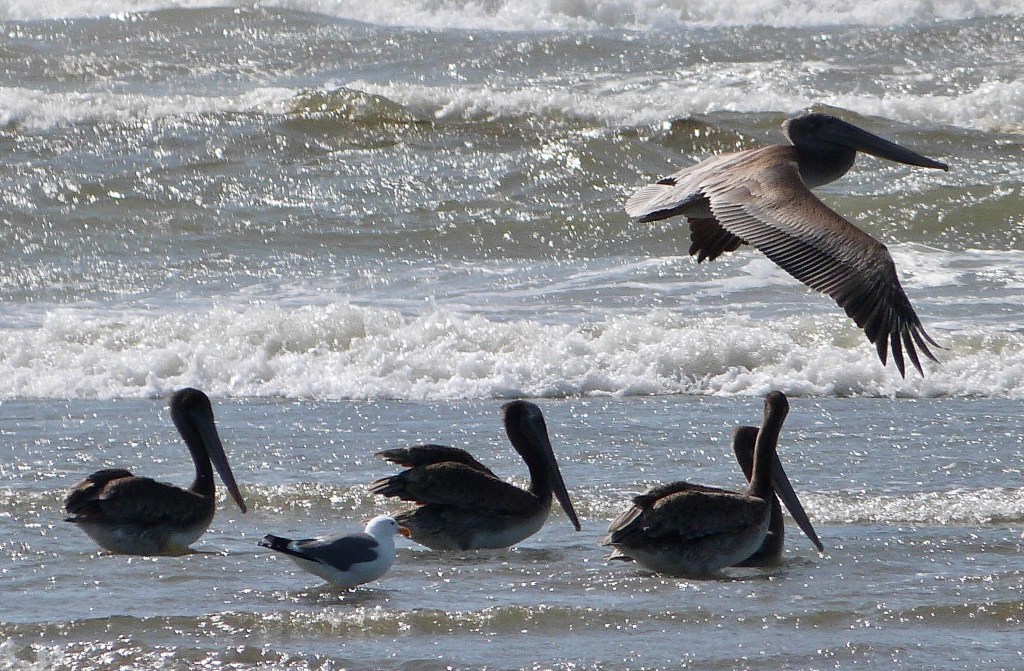‘SPARE GRASS’

Asparagus officinalis (first year in my garden)
“Asparagus has been used as a vegetable and medicine, owing to its delicate flavour, diuretic properties, and more. It is pictured as an offering on an Egyptian frieze dating to 3000 BC. In ancient times, it was also known in Syria and in Spain. Greeks and Romans ate it fresh when in season, and dried the vegetable for use in winter; Romans even froze it high in the Alps, for the Feast of Epicurus. Emperor Augustus created the “Asparagus Fleet” for hauling the vegetable, and coined the expression “faster than cooking asparagus” for quick action.[Note 1][11][12] A recipe for cooking asparagus is in the oldest surviving book of recipes, Apicius’s third-century AD De re coquinaria, Book III.
“The English word “asparagus” derives from classical Latin, but the plant was once known in English as sperage, from the Medieval Latin sparagus.[Note 2] This term itself derives from the Greek aspharagos or asparagos, and the Greek term originates from the Persian asparag, meaning “sprout” or “shoot”. Asparagus was also corrupted in some places to “sparrow grass”; indeed, the Oxford English Dictionary quotes John Walker as having written in 1791 that “Sparrow-grass is so general that asparagus has an air of stiffness and pedantry”.[citation needed]”
Wikipedia








































What a history for such a simple (and so loved) bit of deliciousness. We prefer ours grilled with olive oil, cracked peppercorn and sea salt! Yummmmmmm😊
Delicious!
Interesting! I’ll have to get some; it’s been awhile! 🙂
Thanks, Tom. It will take three years to get it to the point of being able to harvest!